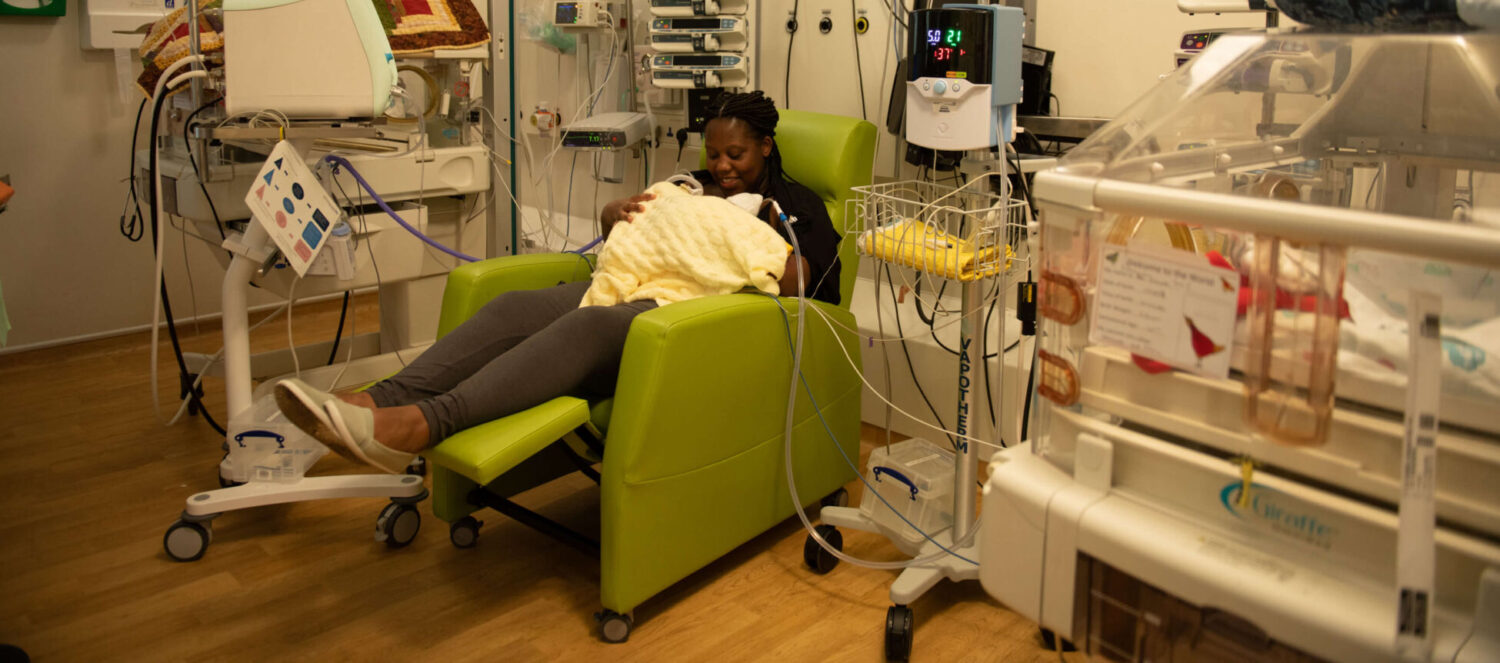
News and Blog

Since writing this blog, RD&E have become the first neonatal unit to receive full Baby Friendly neonatal accreditation. Listen to their talk from the 2017 Neonatal Conference via the link on the right hand side of the screen.
With our maternity unit being fully Baby Friendly accredited since 2012, the neonatal team at Royal Devon and Exeter (RD&E) NHS Foundation Trust was keen to implement the new UNICEF UK Baby Friendly Initiative neonatal specific standards. In order to properly implement the standards we needed to look a bit deeper than just the medical needs of our babies. A culture change on the unit was required.
To help change practice at RD&E, the parent group SNUG (Supporting Neonatal Unit Graduates) were vital in providing parents’ views and input. SNUG helped to develop strategies and consulted with parents for their views about different topics.
Simple initiatives that have worked well at RD&E include:
These small, straightforward changes reflect a changing culture where staff start really listening to what parents are saying, and start seeing parents as integral to the successful care of infants.
The result is a win-win situation. The well-being of infants and their parents, which are so intertwined, comes first. This proximity and nurture results in stronger and more resilient babies, as well as more engaged families who can start to build strong loving relationships, setting babies up for the best possible start in life. The route has not always been easy but it has made such a difference in the outcomes for babies and their families.
Lucy’s baby was born at 25 weeks. She says that the breastpumps have been invaluable: “Expressing for a premature baby is tough, so anything to help you presevere is a massive bonus. It’s meant that we can now go home breastfed!”
Find out more about Baby Friendly standards for neonatal units